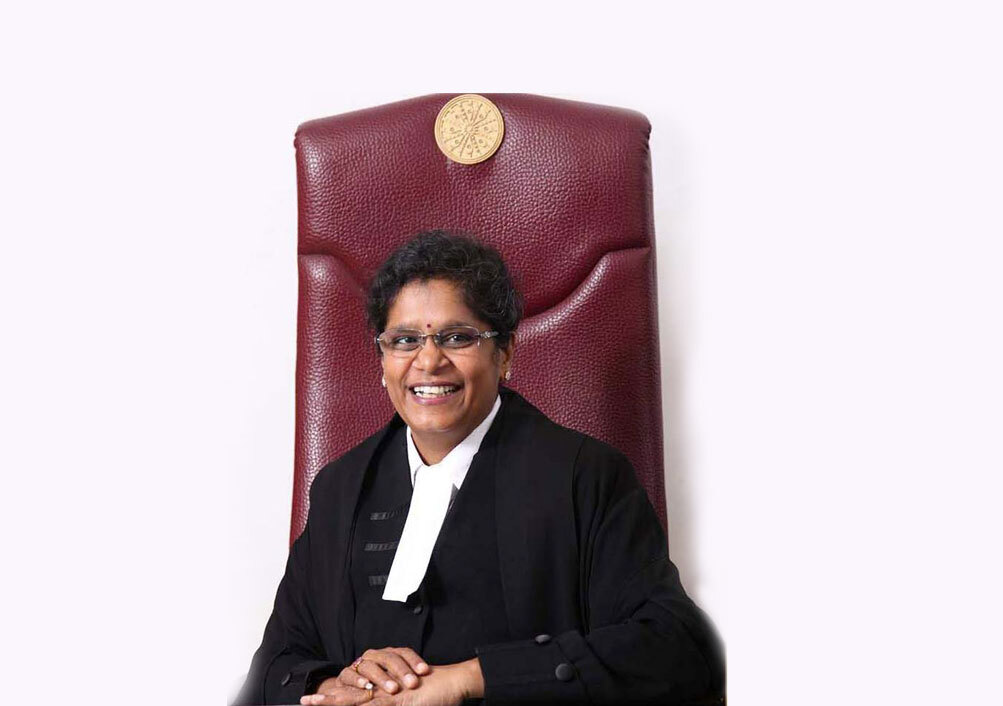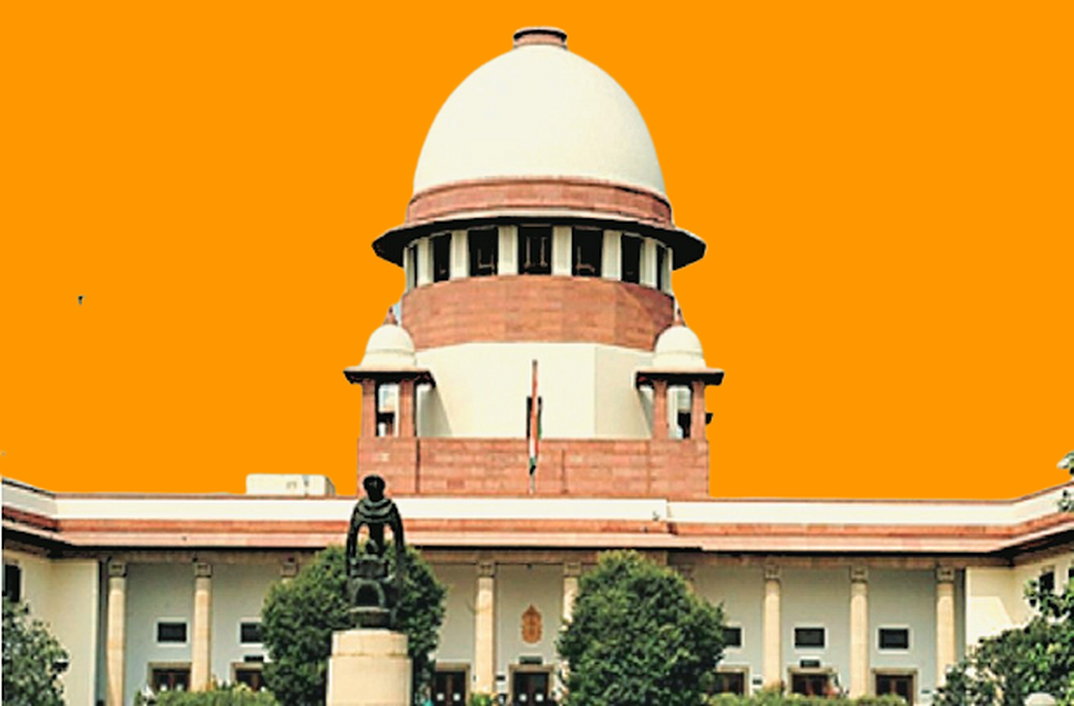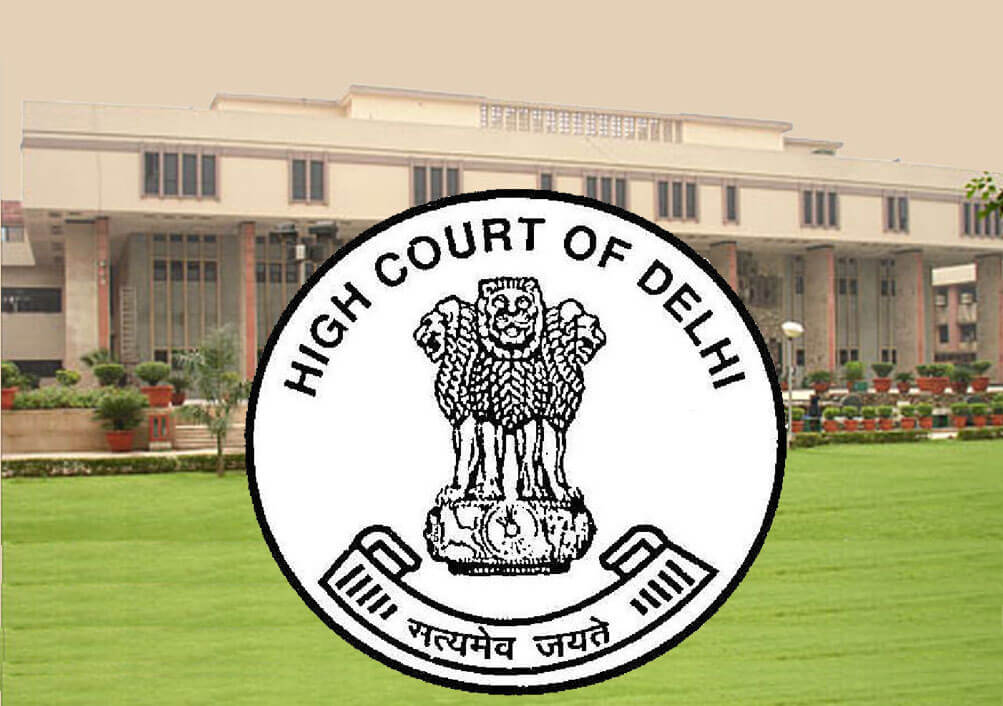AI-based software can be used effectively in justice dispensation: Justice Prathiba Singh

New Delhi, June 25: Artificial Intelligence-based software can be used in a very effective manner in justice dispensation, Justice Prathiba Singh of the Delhi High Court said on Thursday.
Speaking at a webinar organised by LegitQuest, she said the interface between Artificial Intelligence and law is the one that could provide a very effective solution for expedited adjudication of certain categories of cases where human intervention can be minimal.
“I would like to deal with how AI can be used in general in justice dispensation. Our Chief Justice of India has spoken about it even at the initial part of his tenure and I think that AI software can be used in a very effective manner,” Justice Singh said.
“Adequate controls can be placed to ensure that AI is used just as digital technologies for greater efficiency, better solutions – with a human face,” she said.
While answering a question at the end of the webinar, Justice Singh said, “We are on the cusp of starting to use AI. The Covid has speeded it. May be in the next five years or so, we will start seeing some kind of usage of AI within judiciary itself. National Judicial Data Grid has amazing, miraculous data. For a seminar, I wanted to check how many cases are filed by women. Within a couple of hours we could check that, in fact how many were civil and how many were criminal, that as well. We will be moving to the next level very soon.”
Speaking at the webinar on ‘Intersection of AI, Copyright and COVID’, the judge said there is no humanly possible way to analyse the global data emanating from the COVID-19 virus without the use of Artificial Intelligence which can be an efficient tool in finding a fast and effective solution to the unprecedented pandemic.
Justice Singh said the sheer magnitude of analysis of this data can be imagined by considering the large number of players and entities who are involved in the diagnosis, management, treatment, prevention and cure of this disease.
She said during the outbreak of COVID-19, reports have been received in respect of various strains of the virus, which have affected people. “The strains are not identical and neither are the symptoms nor the intensity of the disease. While research is taking place in separate pockets across the world, there is no humanly possible way to analyse the global data emanating from the virus without the use of AI,” Justice Singh said.
She added that diagnostic laboratories, government departments doing contact-tracing, various applications and the data collected by them, medical records of all those persons who have undergone testing, nature of treatment given in different parts of the world, mortality and recovery data, quantities of masks and PPE kits being used to predict the required demand and to correlate this with production – all this data cannot be analysed without the power of AI.
“Thus, AI can be an extremely efficient tool in finding a fast and effective solution to this unprecedented pandemic outbreak,” Justice Singh said, adding that the global community is conscious of the power of AI and various steps have been taken to facilitate the use of AI for the protection of public health.
She said as long as the data is not copyright protected, it can be used for analysis and research and for providing positive outcome.
Regarding the interface between Intellectual Property rights (IPR) and Artificial Intelligence, the judge said IP can be a barrier, which shields data from being used by AI softwares and IPR can be used to protect the outcomes of AI. “Thus, IP rights can be both a sword and a shield while dealing with AI. To ensure that IP is not a barrier, it is important to make access to copyrighted databases easy and possible. Organisations across the world are conscious of the need for making copyrighted databases easily available. Various endeavours have been made by right-holders to not insist on IP rights during the COVID-19 outbreak,” she said.
In response to another question at the end of the webinar, Justice Singh said the full potential of copyright law has not yet been realised by the world and that copyright law has no limitations.
“Copyright Act has been drafted beautifully and so precisely. This statue can withstand any pandemic. It covers every form of innovation that can take place in future. Copyright would never be a casualty in our country. Full potential of copyright law has not yet been realised by the world itself. Copyright law is like space, it has no limitations,” she said.
Sign up for our weekly newsletter to stay up to date on our product, events featured blog, special offer and all of the exciting things that take place here at Legitquest.




Add a Comment